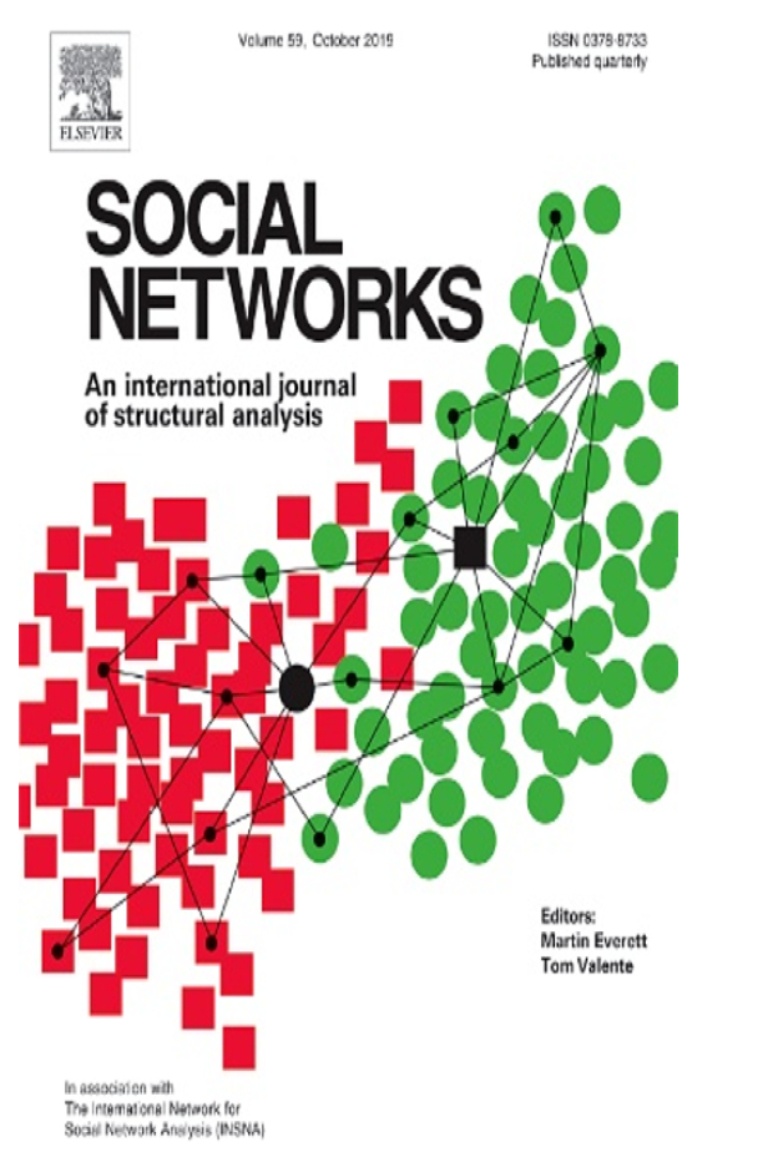Abstract: Health inequalities persist, in part, because people in socioeconomically advantageous positions possess resources to avoid new health risks when medicine advances. Although these health decisions rarely occur in isolation, we know less about the specific role of networks. We examine whether social capital mediates the relationship between individual educational attainment and decisions about a medical advance: H1N1 vaccination during pregnancy. Building on prior work that defines social capital as the resources of network members, we examine two mechanisms through which social capital may affect health decisions, facilitating information flow and exerting influence. Using egocentric network data collected from 225 pregnant women during the 2009–10 H1N1 pandemic, we measure social capital as the proportion of networks that are college-educated H1N1 discussants (information flow) and the proportion of college-educated H1N1 supporters (influence). Findings reveal that college-educated women knew more college-educated H1N1 discussants and supporters. Further, both measures of social capital predicted higher probabilities of vaccination, with the latter mechanism emerging as a particularly strong predictor. Our findings provide evidence that health decisions are shaped by individual resources as well as social capital available through network ties, offering a unique perspective of the ways that social networks contribute to producing, and potentially reproducing, unequal health.
Social Networks and the Emergence of Health Inequalities following a Medical Advance: Examining Prenatal H1N1 Vaccination Decisions
Social Networks and the Emergence of Health Inequalities following a Medical Advance: Examining Prenatal H1N1 Vaccination Decisions
- Elaine M. Hernandez, Erin Pullen, Jonathan Brauer
- Publication Date
2019 - Website
- View publication details
 The College of Arts
The College of Arts